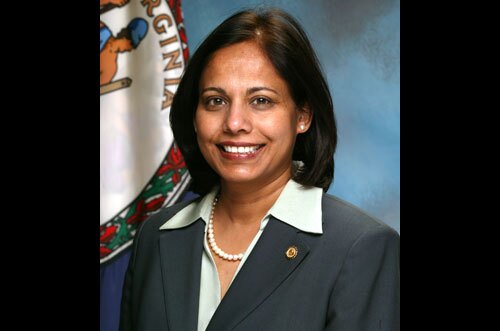

Rep. Sander Levin, D-Mich., ranking minority member on the House Ways and Means Committee

Michael Decker, managing director and co-head of the municipal securities division at the Securities Industry and Financial Markets Association

Mike Nicholas, Bond Dealers of America chief executive officer

Bill Daly, director of governmental affairs for the National Association of Bond Lawyers

Tom Doe, Municipal Market Advisors chief executive officer

Chuck Samuels, a lawyer at Mintz, Levin, Cohn, Ferris, Glovsky and Popeo PC

Manju Ganeriwala, National Association of Treasurers president and Virginia Treasurer






